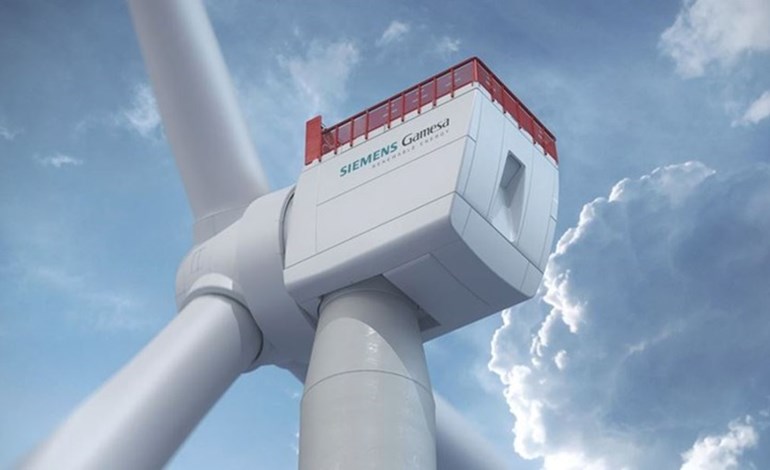February 6 NEC Energy News
¶ “Earth Just Experienced Its Warmest January On Record” • Despite a record snowfall in the south, cold temperatures across the northeast and an emerging La Niña event, which is supposed to cool things down, January 2025 was still warmer than any previous start to the year in the organization’s dataset going back to 1940. [ABC News]

¶ “PM Unveils Plans To Make It Easier To Build New Nuclear Reactors” • The Prime Minister announced that more nuclear plants will be approved in England and Wales as red tape is reduced. The reforms will enable small modular reactors to be built in the UK. Ministers said SMRs would deliver clean, secure. and more affordable energy. [MSN] (Affordable? – ghh)
¶ “Musk Plays President While Tesla Misses Electric Truck Boat” • Auto industry observers are wondering if Elon Musk still wants to sell Tesla EVs, now that he’s a Trump advisor. The company suffered a sales drop last year, and the Tesla Semi Class 8 electric truck is heading for stiff competition when it finally goes into full production in 2026. [CleanTechnica]
¶ “Siemens Gamesa Secures Certificate For 21.5-MW Turbine” • Siemens Gamesa was granted a certificate to develop a prototype wind turbine with a capacity of 21.5 MW and a 276 meter rotor. The prototype structure has been certified by DNV and has until 2027 to develop the model, according to the Danish wind turbine certification authority. [reNews]

¶ “500-MW New York PV Project Gets Nod” • The New York Office of Renewable Energy Siting and Transmission approved construction of Hecate Energy and Greenbacker Renewable Energy Company’s 500-MW Cider Solar Farm. Greenbacker acquired the Cider Solar Farm project from Hecate in 2024, becoming its long-term owner and operator. [reNews]
¶ “Study Looks At Whether US Farmland Is Better Used For Corn Ethanol Or Solar Power” • A study found that solar panels generate 12 times more energy and 13 times more revenue per acre than corn. Still, without subsidies (which corn gets – ghh), solar projects would have financial losses due to their costs of construction and operation. [Straight Arrow News]
For more news, please visit geoharvey – Daily News about Energy and Climate Change.
